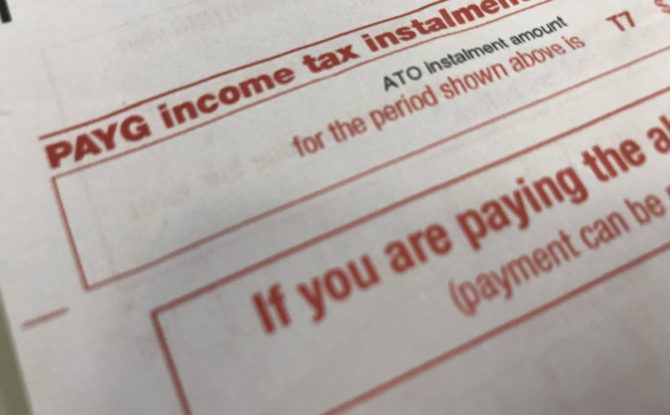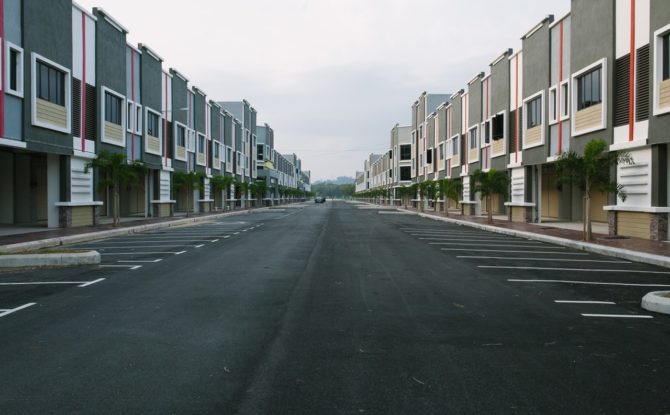It is (again) time to pay (or vary) your quarterly PAYG Instalment. A lot of us have received the “pink form” in early July or have received a notification from MyGov that their quarterly PAYG Instalment is available on MyGov.
Some of us would ask:
What is PAYG Instalment, why do I need to pay it?
How did the ATO work out the amount?
Why this quarter’s instalment is much higher than others?
Can I “dial it down” a bit?
Let’s have a look at the What, Hows and Whys.






